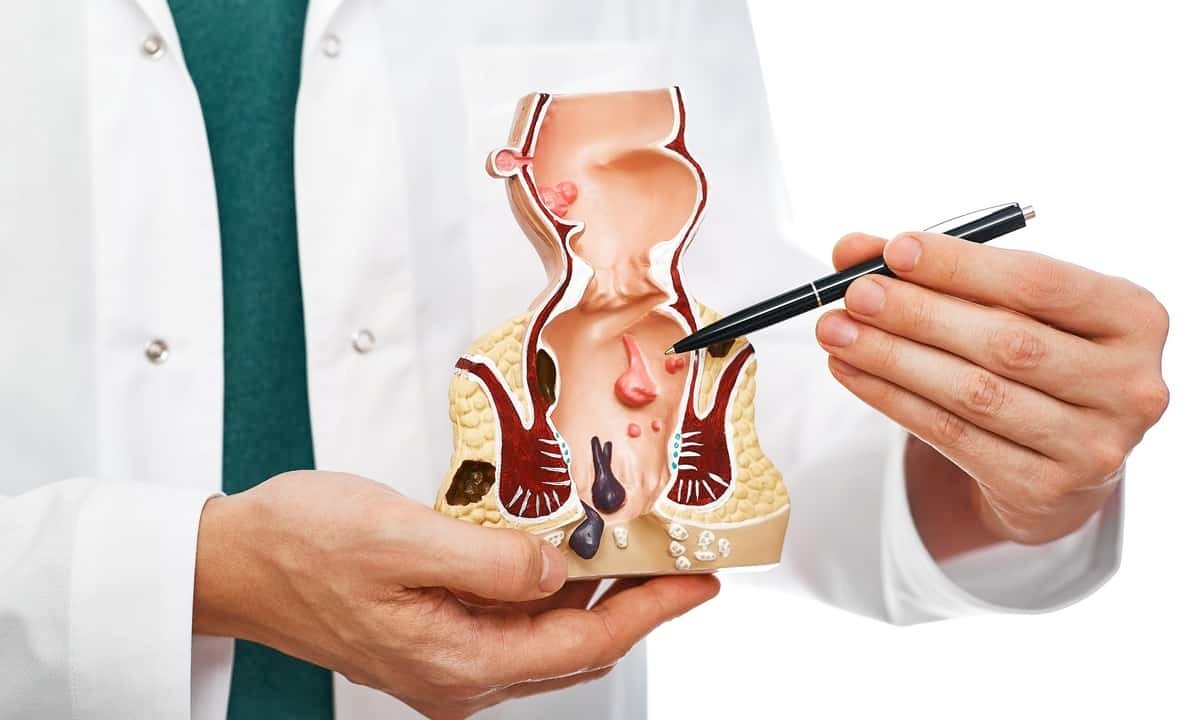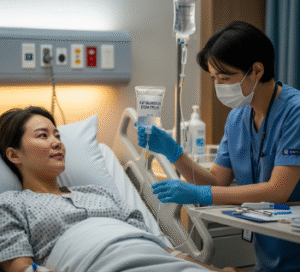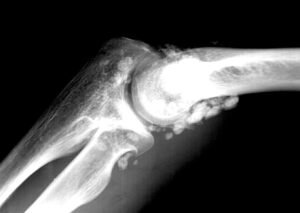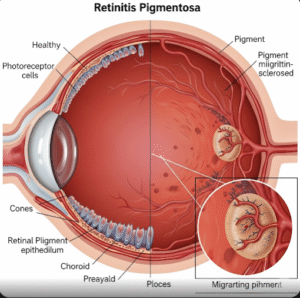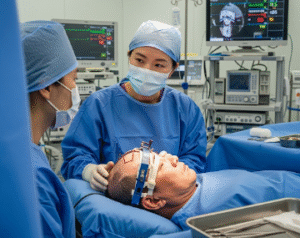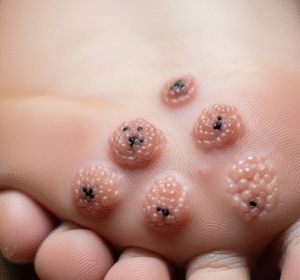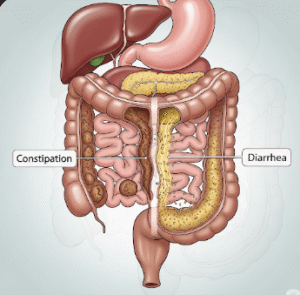Overview
Anal cancer is a rare type of cancer that develops in the tissues of the anus—the opening at the end of the rectum through which stool leaves the body. It is most commonly associated with human papillomavirus (HPV) infection. When detected early, anal cancer is highly treatable through a combination of radiation, chemotherapy, and sometimes surgery.
What is Anal Cancer?
Anal cancer occurs when abnormal cells in the anus grow uncontrollably, forming a tumor. It typically starts in the mucosa (lining) of the anal canal and can spread to surrounding tissues or lymph nodes. The most common type is squamous cell carcinoma, though other types include adenocarcinoma and melanoma.
Symptoms
Signs and symptoms of anal cancer can resemble less serious conditions like hemorrhoids and should not be ignored. Common symptoms include:
- Rectal bleeding or blood in the stool
- Pain or pressure in the anal area
- Itching or discharge from the anus
- A lump or mass near the anus
- Change in bowel habits or stool shape
- Swollen lymph nodes in the groin or pelvic area
Causes
Anal cancer is often linked to chronic infections and conditions that affect the anal region. Key causes include:
- Human papillomavirus (HPV): The most significant risk factor
- Chronic inflammation: Due to fissures, fistulas, or persistent infections
- Weakened immune system: Such as from HIV or immunosuppressive medications
- Smoking: Increases cancer risk by damaging DNA
Risk Factors
- HPV infection, especially high-risk types like HPV-16
- Age over 50
- Multiple sexual partners or receptive anal intercourse
- HIV infection or other causes of immune suppression
- Cigarette smoking
- History of cervical, vulvar, or vaginal cancer
- Chronic anal irritation
Complications
- Spread of cancer to nearby organs or distant sites (metastasis)
- Incontinence or bowel dysfunction after treatment
- Anal stenosis or scarring
- Recurrence of the cancer
- Emotional distress and body image issues
Prevention
- HPV vaccination (recommended before age 26, but available to older adults)
- Safe sexual practices and consistent condom use
- Smoking cessation
- Regular screening for high-risk individuals, including those with HIV or a history of HPV-related conditions
- Routine anal Pap tests in high-risk populations
Treatment Options in Korea
South Korea provides advanced and multidisciplinary care for anal cancer through its major cancer centers and university hospitals.
Diagnosis and Evaluation:
- Digital rectal exams, anoscopy, biopsy, and imaging (MRI, CT, PET scans)
- HPV and HIV testing as part of cancer staging
Treatment Approaches:
- Chemoradiation therapy: Standard first-line treatment combining radiation and chemotherapy (5-FU and mitomycin)
- Surgery: Reserved for persistent or recurrent cases (abdominoperineal resection)
- Immunotherapy and targeted therapy: For advanced or metastatic disease
- Pain and symptom management: Including medications, counseling, and palliative support
Leading Hospitals in Korea:
- National Cancer Center Korea
- Asan Medical Center
- Samsung Medical Center
- Seoul National University Hospital
These centers offer:
- Access to modern radiation therapy like IMRT (Intensity-Modulated Radiation Therapy)
- Experienced colorectal surgeons and oncologists
- Clinical trials for emerging therapies and HPV-related cancers
Follow-up Care:
- Routine monitoring with imaging and physical exams
- Support services including nutrition, mental health, and ostomy care if needed

